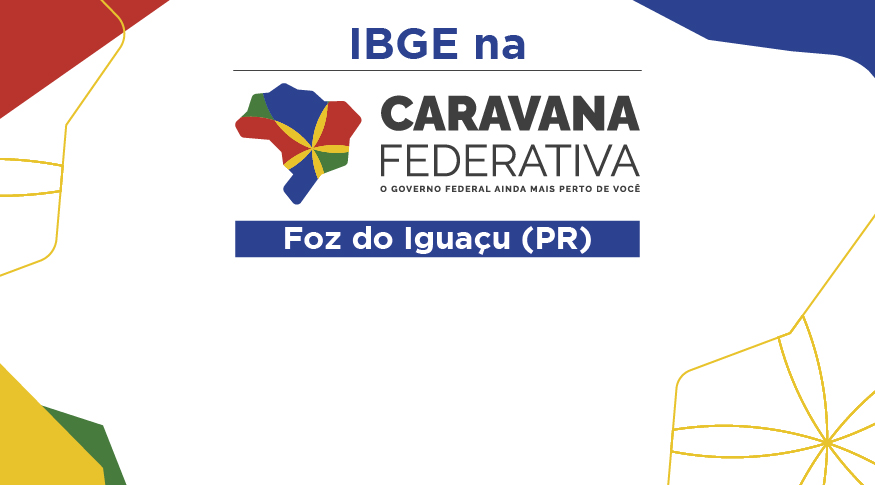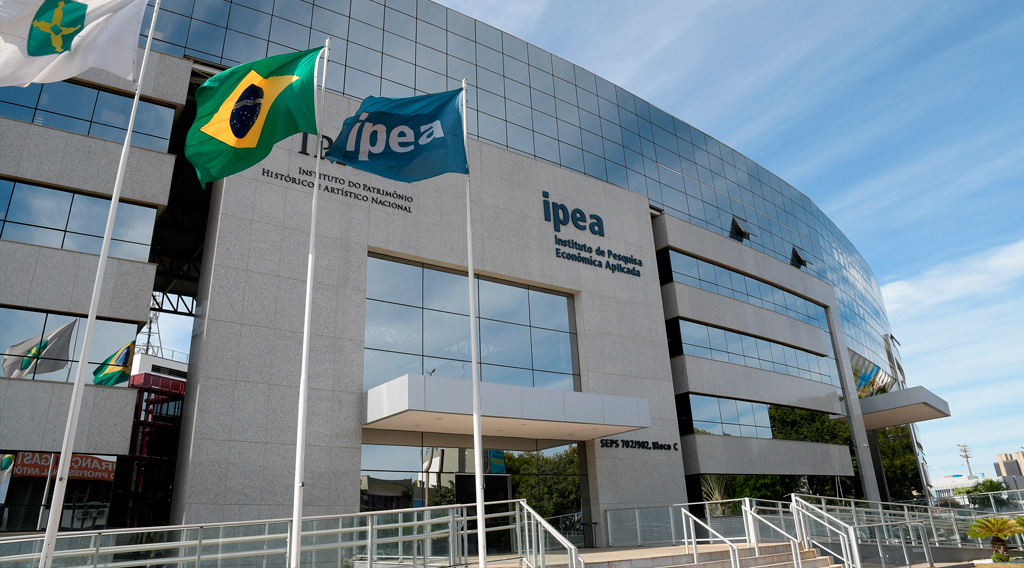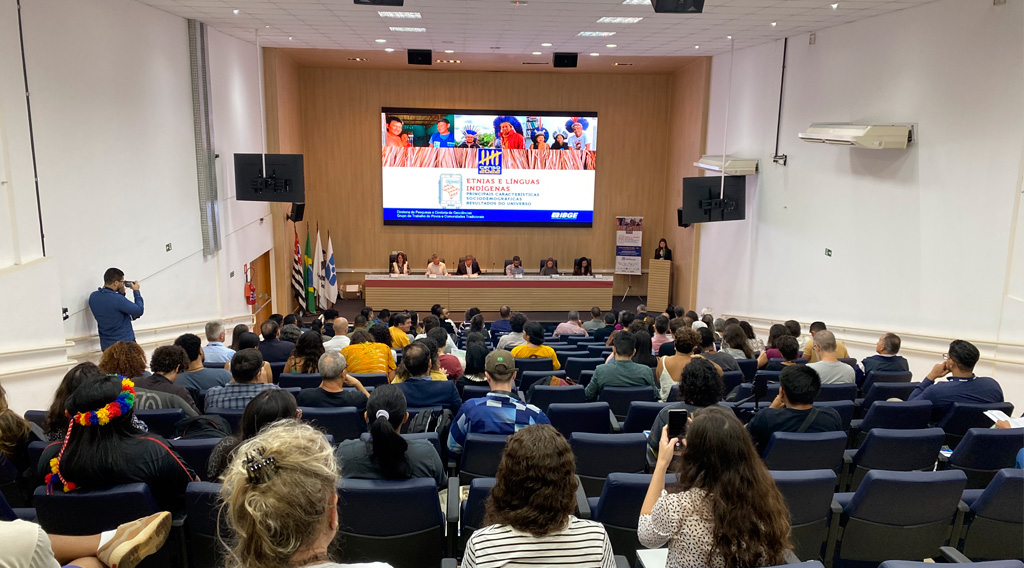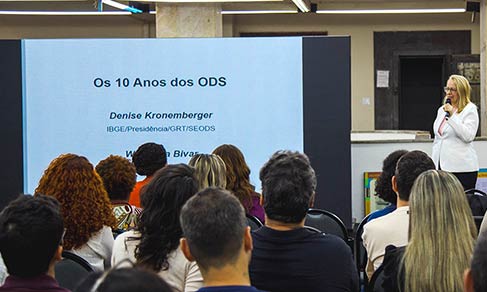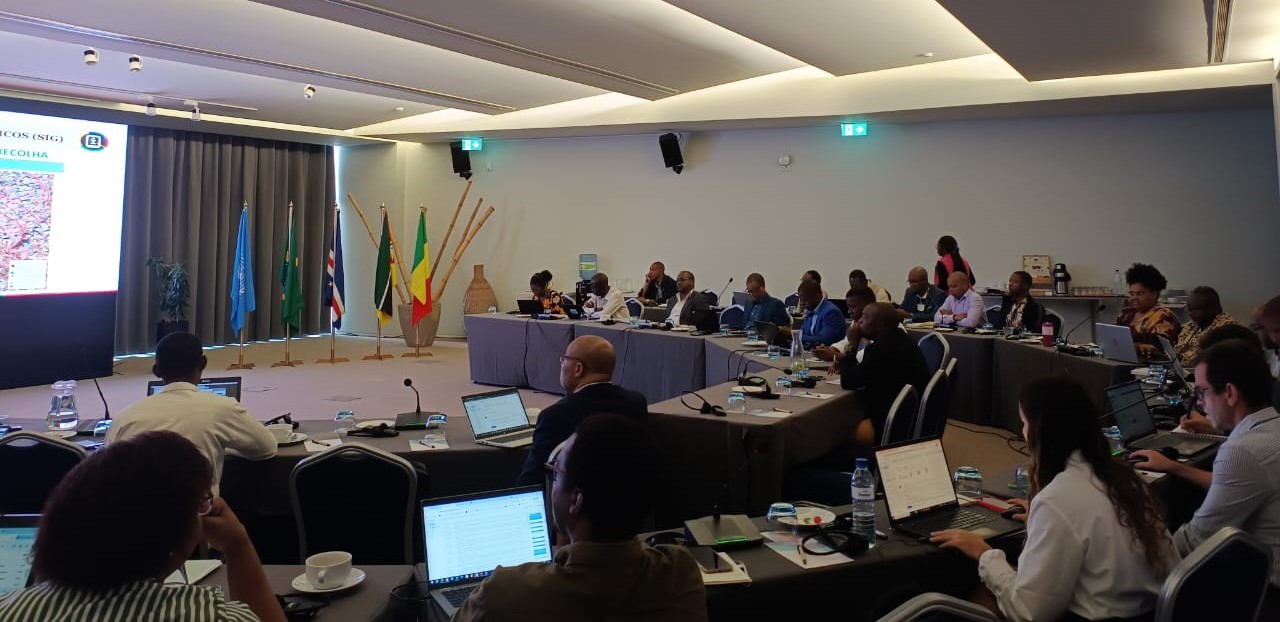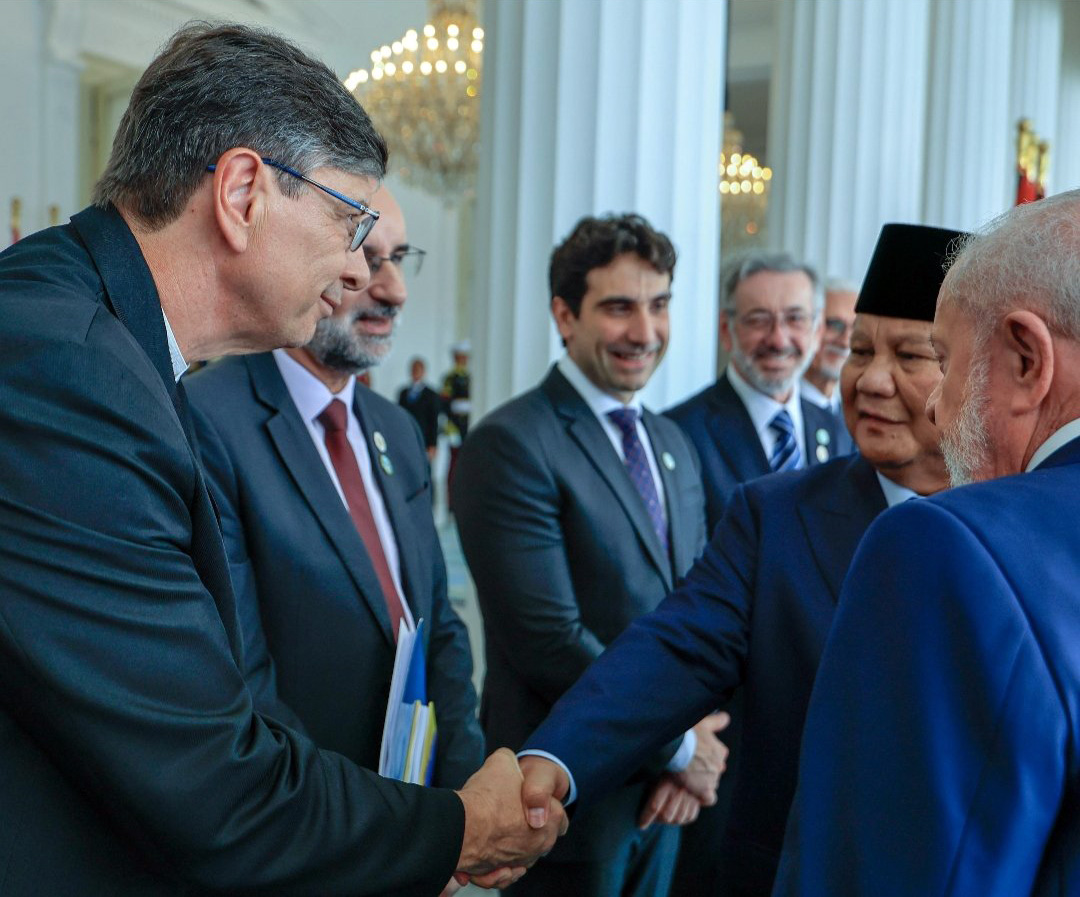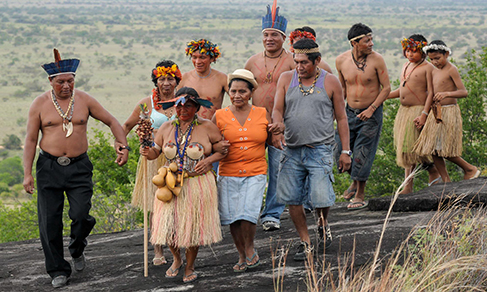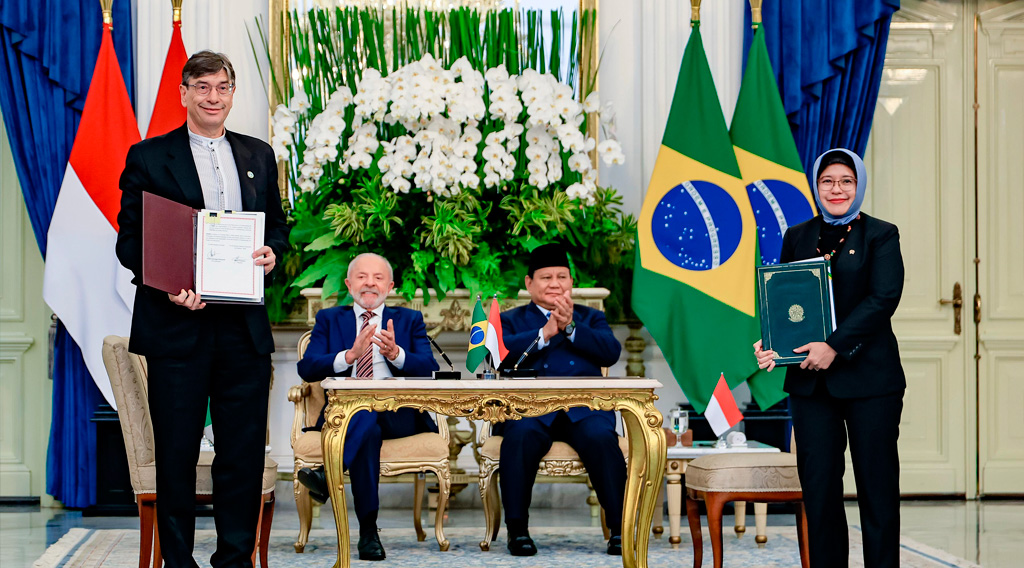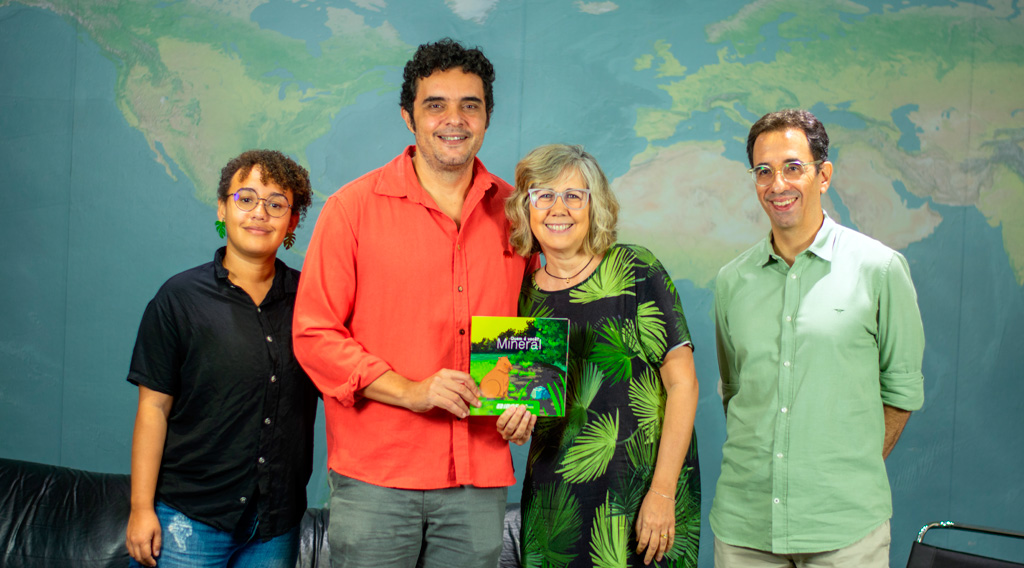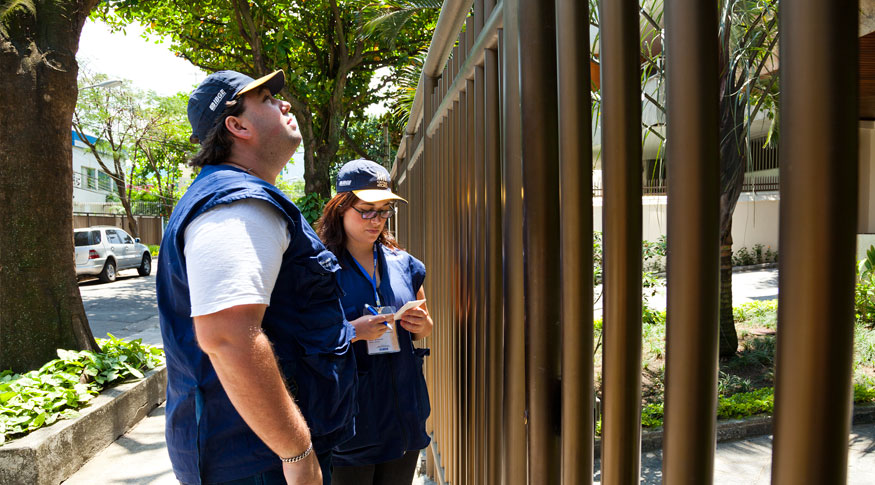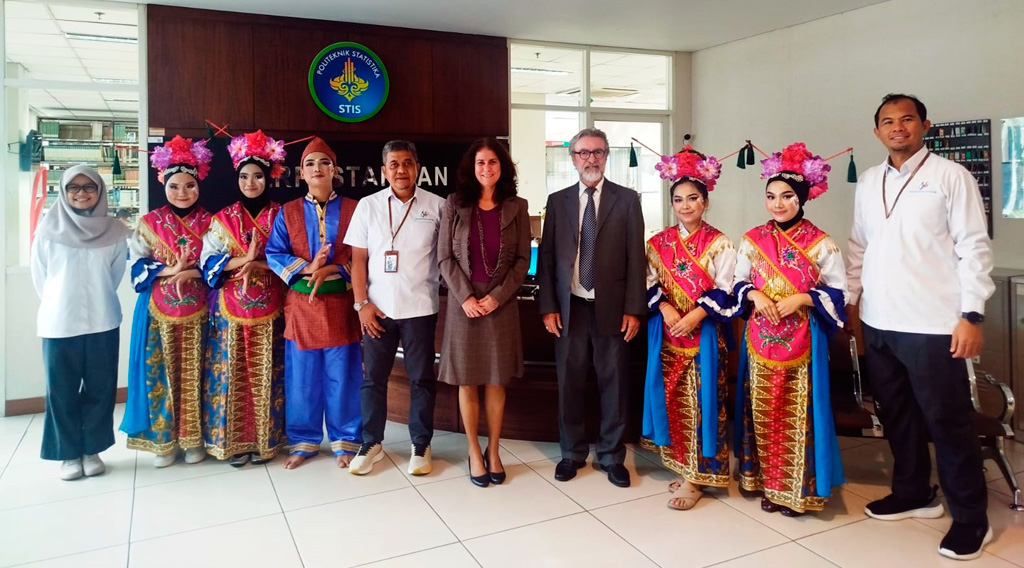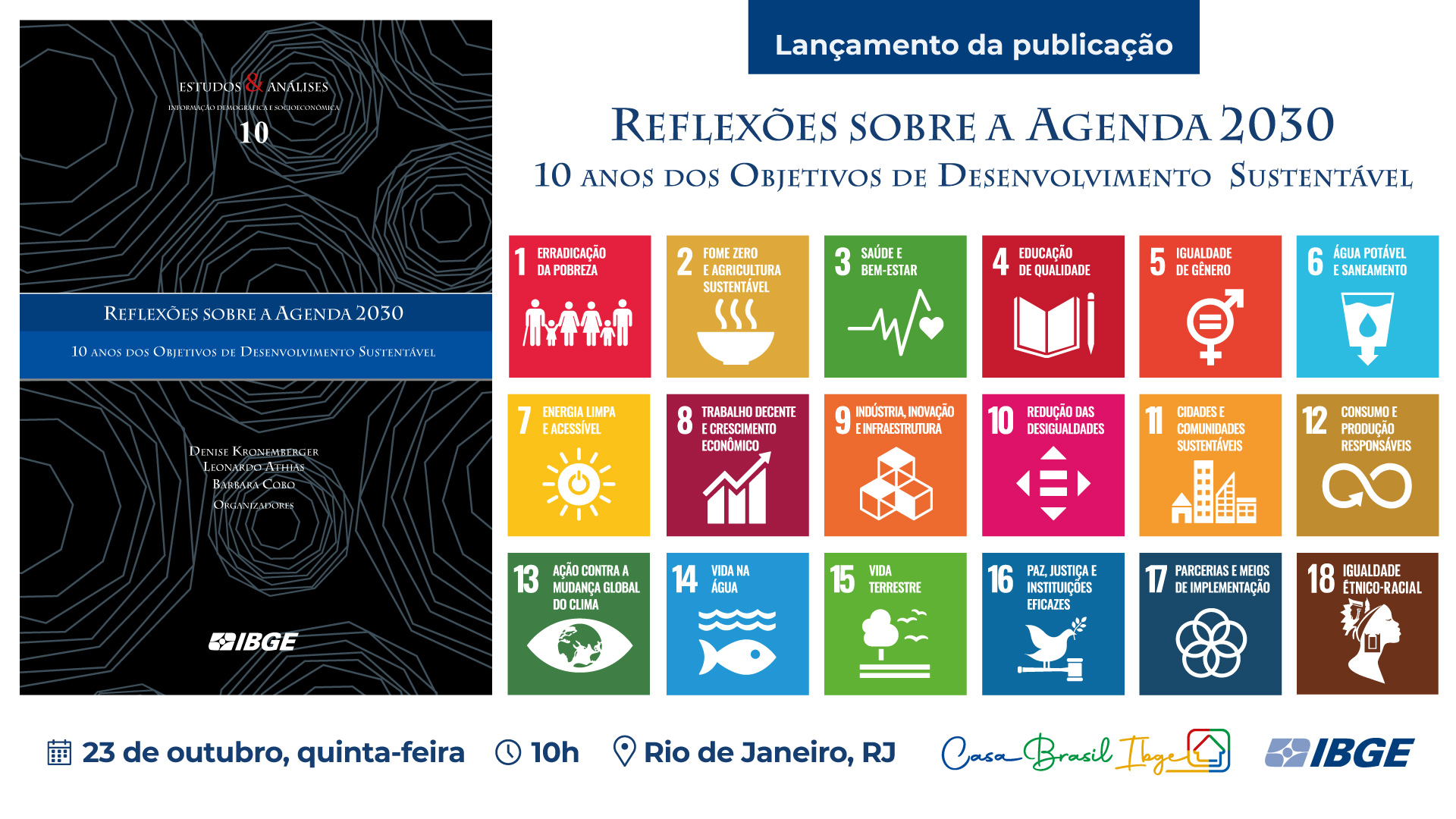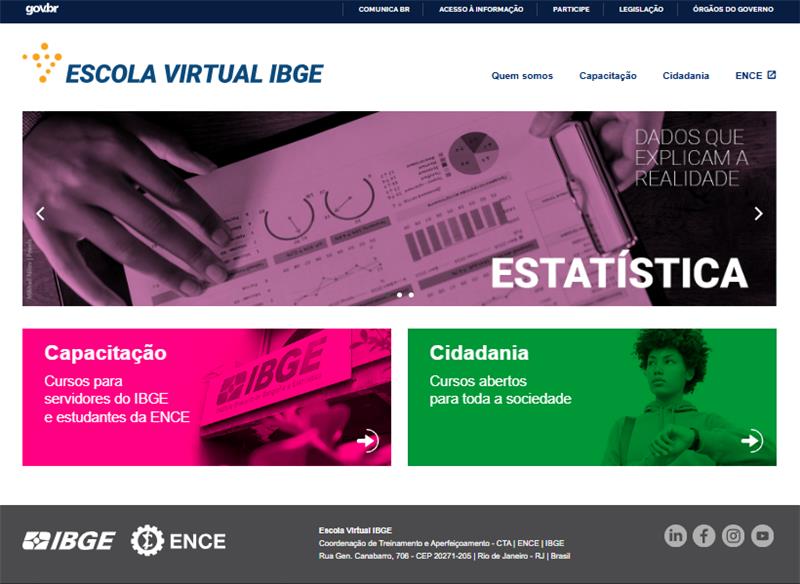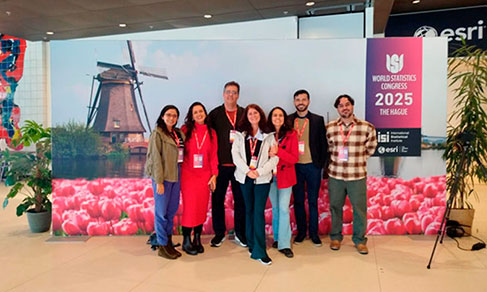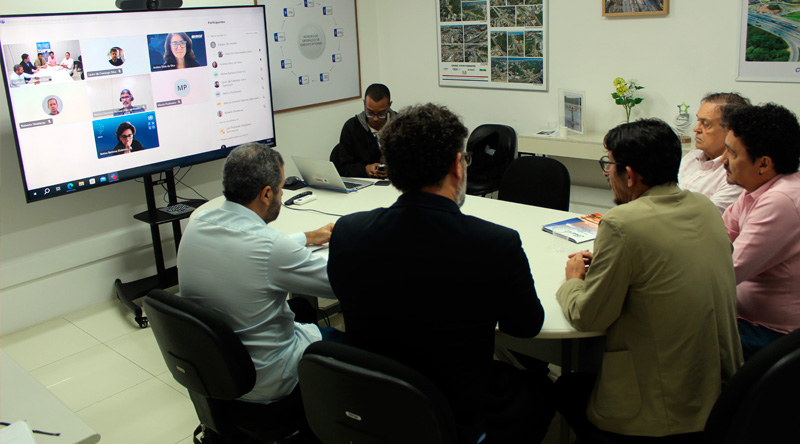LGBTI+
IBGE meets with civil society to discuss production of gender and sexual orientation statistics
September 12, 2022 02h00 PM | Last Updated: September 12, 2022 11h29 PM
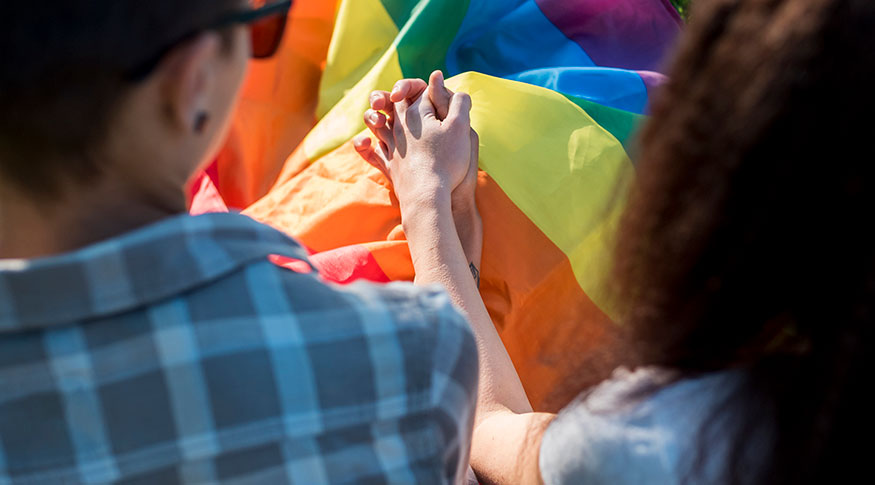
In a meeting with representatives of entities that advocate for LGBTQIA+ rights last Thursday (8), the IBGE put forward a questionnaire model on gender identity and sexual orientation to be included in furture surveys. The meeting was held at the Institute’s headquarters, and marks the beginning of a cooperative work intended to improve data collection methodology and increase the quality of data released on the topic.
Attending the event were experts anf academy members, as well as representatives of the Ministry of Health and activists. About three years ago, the IBGE created a work group (GT) aimed at this discussion.
The IBGE’s deputy Director of Surveys, Maria Lucia Vieira, speaks about the difficulties found to deal with the topic, since no consensus has been reached in the use of some concepts and in how to ask questions. She mentions the efforts of the work group in the study of international experiences in the adaptation of issues to our reality.
“This first meeting was very productive, and it was possible to see a lot of what we proposed was relevant. The idea is to start in a simple way and improve the work.”
That is the first phase of a set of actions expected for up to the end of 2022 regarding the inclusion of items about the topic in the Integrated System oh Household Surveys (SIPD), such as the National Survey of Demography and Health (PNDS) and the Continuous National Household Sample Survey (PNAD) in 2023.
The questionnaire proposal was put forward in the meeting. The questionnaire will be evaluated in the coming months in a phase called cognitive test. This is an important process that checks if the question was understood, remembered, judged and answered by the target public. That is, it has to do with the path of followed by the human mind from the moment the question is heard until the answer is given.
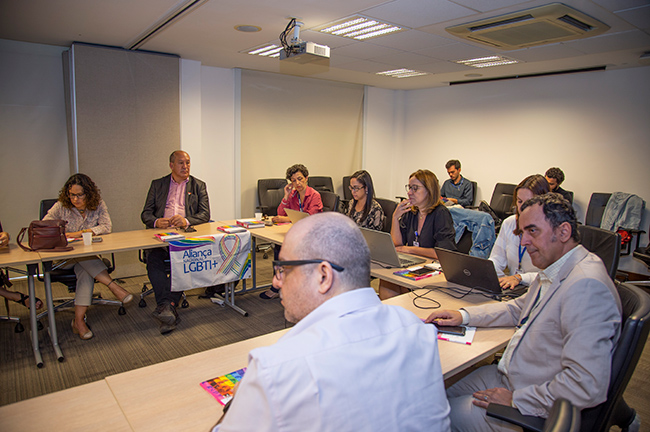
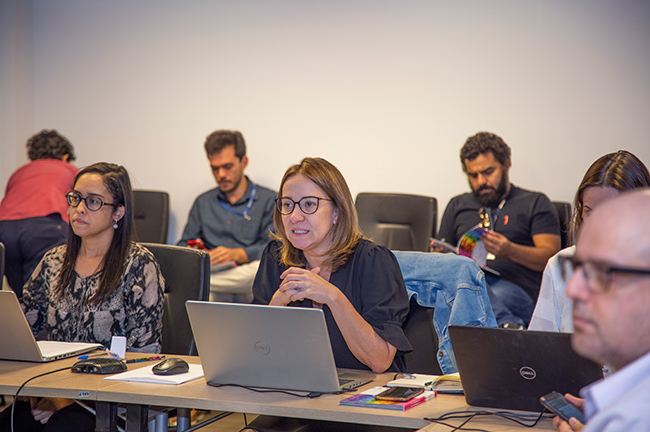
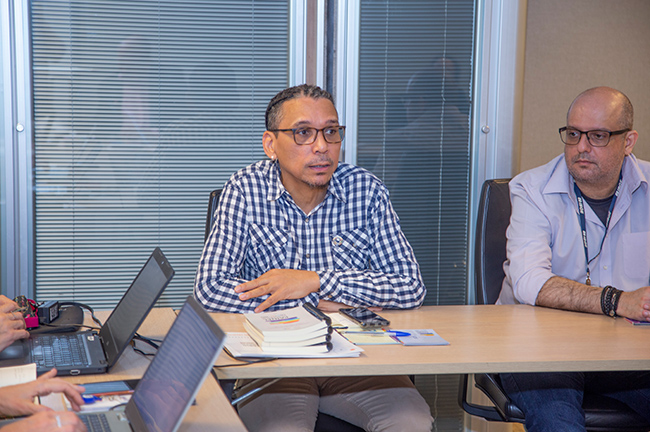
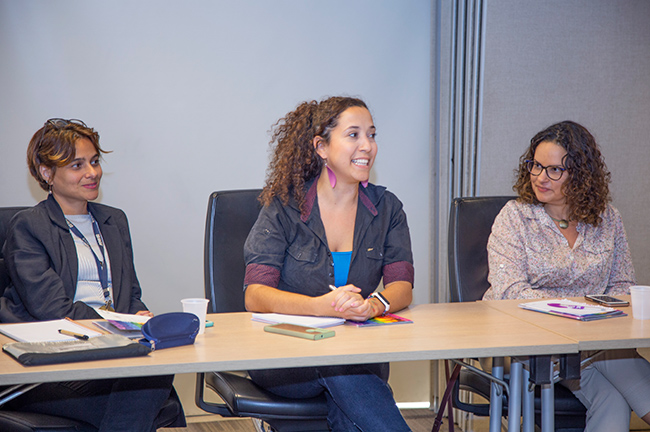
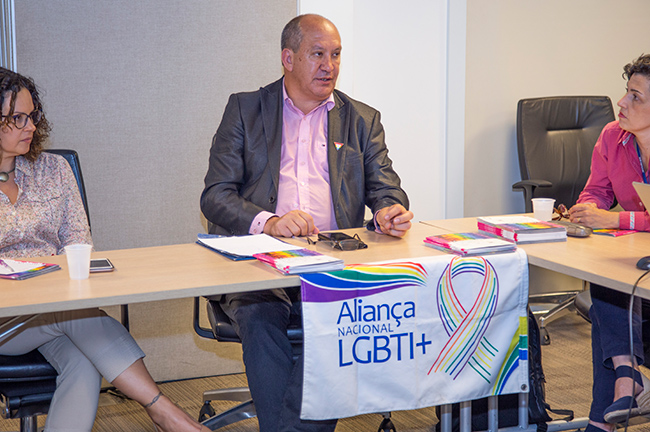
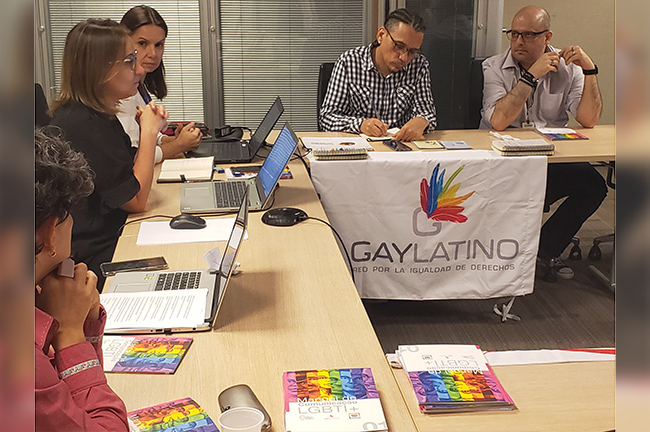
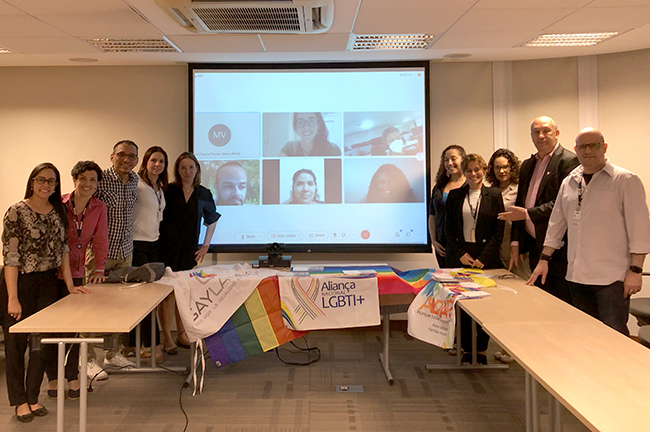
Entities approve of the initiative and submit proposals
After the work group activities and the questionnaire proposal were presented, participants made suggestions and comments. Ms. Viera promised all demands will be considered. “After this first cognitive test, we will gather in a bigger group to debate the result,” plans the deputy director.
Toni Reis, activitst in this cause for 40 years and a representative of Aliança Nacional LGBTI+ and of Rede Gay Latino, attended the meeting and was well-impressed by the unpreecedented occasion. “I congratulate the IBGE. I couldn’t help but come because this is a historical moment. We want to know how many we are, how we love, how much we earn. Without information, there are no public policies. We want to be enumerated,”, he said, in his opening speech. Mr. Reis hopes that statistics for the LGBTQIA+ population will be soon implemented, and he acknowledges the complexity of the topic. “We want to establish dialogues. These are complex problems and so are the solutions we need to find. A lot of meetings and discussion will be necessary,” he adds, optimistically.
Claudio Nascimento, who represented the Arco-Íris Group in the debate, believes that entities that advocate for LGBTI+ rights have a lot to contribute with the IBGE in order to generate statistics for the population. “Today we indicated some possible ways on how to conduct future surveys considering the issue of gender identity and sexual orientation. The IBGE technical team is very well prepared for the meeting,” he said.
In the last few years, the IBGE has advanced in the field of LGBTQIA+ statistics
The IBGE has been working to portray the LGBTQIA+ population in the country. Nevertheless, the Institute has a recent history regarding the topic. In the previous Population Census, in 2010, information was obtained on the existence of same-sex partners, and that was repeated in other household surveys. Since 2013, data on same-sex marriages has been part of the Vital Statisics, as a result of Resolution 175 by the National Council of Justice (CNJ), which made it mandatory for all registry offices to officiate same-sex marriages.
Since 2012, the Institute has been a representative of Brazil in groups of gender statistics, and monitored other countries’ experiences and international recommendations, as a member of the Inter-Agency and Expert Group on Gender Statistics (IAEG-GS).
This year, the IBGE released unprecedented results of the Sexulal Activity Module of the National Survey of Health (PNS) of 2019. The survey showed that about 2.9 million persons in Brazil reported being homosexual or bisexual, which corresponds to 1.8% of the population over 18 years of age. The data, still presented on an experimental basis, are in compliance with axis 2 of the National Policy for Integral Health of the LGBT Popopulation.


